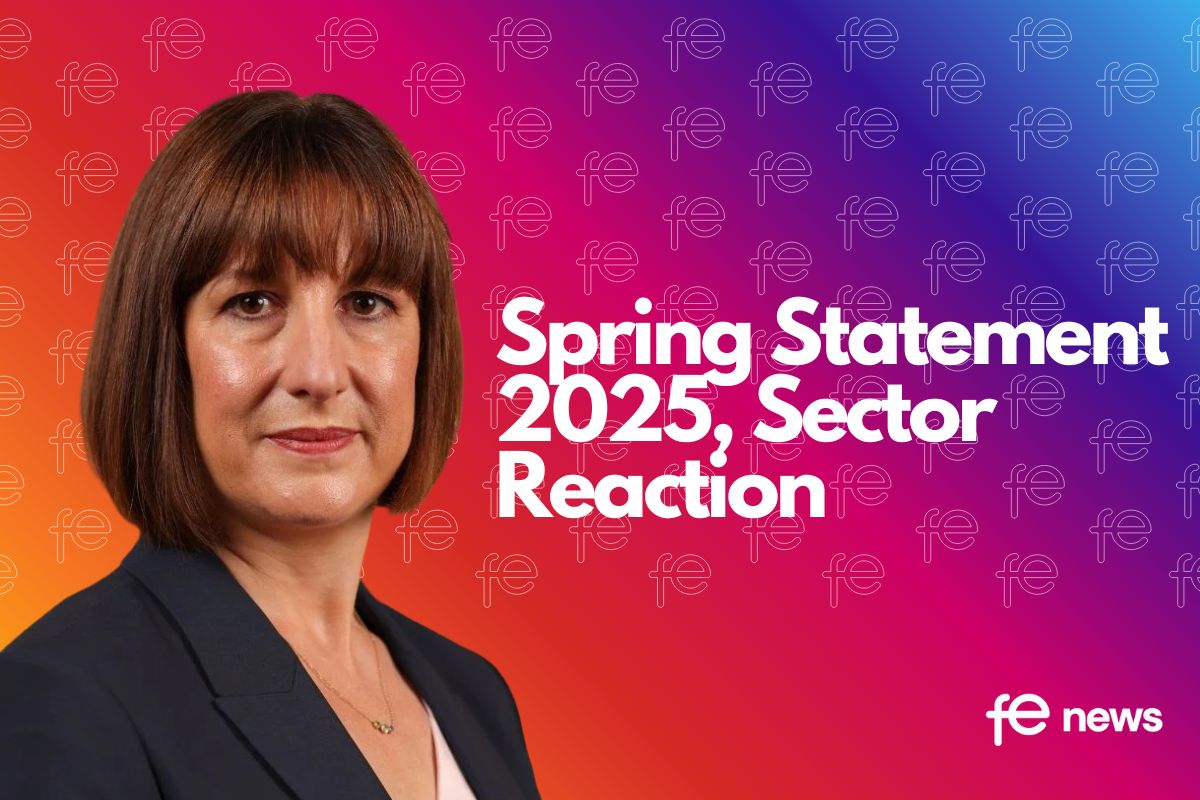When is a policy not a policy – when elections are coming

When is a policy not a policy…The last few weeks have seen a lot of policy announcements fuelled by the various party conferences. But how much attention should these announcements really get? In this article Chris delves into some of the inner working behind the run up to a general election and why we should always add a pinch of salt to the policy recipes.
Government Policy Hints
This week, well this last month has seen a lot of hinting at Government policy and the policy intentions of the opposition parties. It’s always like this in conference season and none more so in a last full season before you-know-what might happen.
The recent announcements of HS2, the Manchester metrolink extension to Manchester Airport by 2029 (incidentally it was opened in 2014) and the establishment of a(nother) tinkering with post-16 education and qualifications – hooray for the new anti-lock braking system (ABS). This is not to be confused with irritable bowels (IBS) or mandatory safeguarding (DBS). I suppose we can add US primetime TV companies (CBS) and the delightful Fetal Bovine Serum (FBS). We might as well, because that’s what happens as we near a general election. Policy leaks from every pore and we can chuck around anything we want because ultimately it doesn’t matter. But it does matter, and here is why.
Insider Insights on Election Cycle Politics
Around this time of an election cycle (when we get the signs about 12-18 months before the PM visits HM), I’m always reminded of a conversation I had as a young non-affiliated adviser to the Government (not a SpAD, but older and paid more) with the (then) Permanent Secretary to the MoD. He told me some fabulous internal wiring stories of what happens around an election. The set of announcements we heard from the PM and the other main parties compelled me to put pen to paper and share them with you. It doesn’t matter what party is incumbent, it has always been the same, so I’m able to share this free of bias towards any and all politicians.
He started off in the usual, ‘now look here Cherry old chap. It’s like this young man…’ It was always like that. Take a deep breath and nod appreciatively at the received wisdom.
Once you are within the policy window, which is normally three years before an election, under planned conditions (ignoring the potential for snap elections and the like, such as we experienced in 2019), policy announcements are filtered in three specific ways.
How policy announcements are filtered in three specific ways
Firstly, how much policy can be scooped up and re-presented from existing policy announcements, thus costing us nothing? An example of this is the 30 new hospitals thing. Depending on who you believe it’s all pre-announced stuff.) Hooray for the free PR and polling boost.
Secondly, how much will new policy cost in new money? Can we spread it out and back end it to a time after the next election? It’s so we don’t technically have to pay for it, we can leave the invoices on the table for the next lot. A lot of PFI projects looked quite a lot like this.
Thirdly, and most importantly (Cherry old boy), will it give us a net positive outcome in the polls. We are going to please some people so much that they vote for us, but there will be the opportunity cost of others, who will be outraged at where we have placed our bet on the roulette table of policy. As long as the beneficiaries are louder and obviously important, the loss of votes elsewhere is manageable. Add on to that our ability to keep on mentioning it at Question Time and Bob’s your Uncle (actually he was my dad).
But when you get really close to an election, especially one without a defined date (probably Autumn 2024), then these principles need not apply. You can announce anything as long as the implementation is definitely beyond the next election – and more than five years is even better. We announce, take the plaudits and sit on our hands. Downing Street has admitted introducing the ABS reforms will take more than a decade to implement in full. So that’s nice. Almost certainly this will invoke a decision from the other parties on the assumption that by-election swings are to be believed. By making them come out for or against, a Government can deflect some gains and losses of votes to the opposition.
Balancing the Electorate
Because we don’t need to cost the reforms, or even generate the really detailed stuff, we can keep it high level and sounding impressive (it might be, but who knows?) This is true of much policy announced over the last fifty years. I’m not saying that the ABS/CBS/YTS (hang on that’s not quite right) is bad policy, or even the wrong thing to do, but it has to be viewed through the ‘Whack-A-Mole’ lens of keeping everyone happy and not unbalancing the electorate.
Remember, the real reason why Education (well mostly schools), the NHS, Welfare and Defence are always so politically motivated, is because these are the balancers on the scales. Imagine these three as 10kg weights on the scales of voting. The environment is a couple of kilos (probably made from hemp – at least you could smoke that policy) and Culture, Media and Sport live off the fumes of the hemp burning. Obviously tax policy from the Treasury and sunlit uplands of Brexit have a place in the mix.
If ABS was really the key plank of an education reform for the ages, it would have been firm policy for strategic implementation the day after the last general election. Oh, and remember whose idea T-Levels were.
The Opposition – Promises, Scrutiny, and Accountability
Now, for the purposes of balance, let’s look at the opposition. Again, prior to an election, they have no power or accountability, so any old numbers can be used. You might get a tricksy question on the Today programme, or a Paddington Bear extra hard stare from Fiona Bruce, but ultimately costed plans are not the food for policy announcements. Yes, manifestos can be scrutinized, unpicked and frankly torn apart, but what gets written down gets shared. It’s amazing how things that get written down, even in levity, can become policy and follow you around. Ask the voters in Tamworth. The only real sticking point for incoming policy is when you actually win and suddenly all the promises you made are played back to you like reading your drunk Facebook rants, or hearing your opinion on VAR replayed in an Instagram reel (you might ask why these examples are so specific – I have to write from experience).
Conclusion
So, to end this article, which will now no doubt follow me around, I will share the very best piece of advice I ever got from inside the Civil Service.
‘We are here (Cherry my lad), to protect the public from the worst excesses of politicians. They come and go, like gossamer in the breeze, but we are left holding the ashes.’
I don’t think he was talking about cricket – for once.
By Chris Cherry, Director, Red Cherry Projects










Responses